The 2024 New Era Developing Quality Workforce Strategy Forum Was Successfully Held
2024-12-26 16:53
On December 20th, the 2024 New Era Developing Quality Workforce Strategy Forum, themed "Deepening Integrated Reform and Stimulating Talent Vitality," was successfully held at the Shaw Foundation Hall of Renmin University of China. The forum was hosted by the Office of the Beijing Municipal Committee's Talent Work Leading Group and Renmin University of China, and organized by the School of Labor and Human Resources and the Beijing Talent Development Strategy Research Institute. Guests discussed the in-depth implementation of the new era talent strong country strategy, focusing on creating a forum brand in the field of talent with international influence.
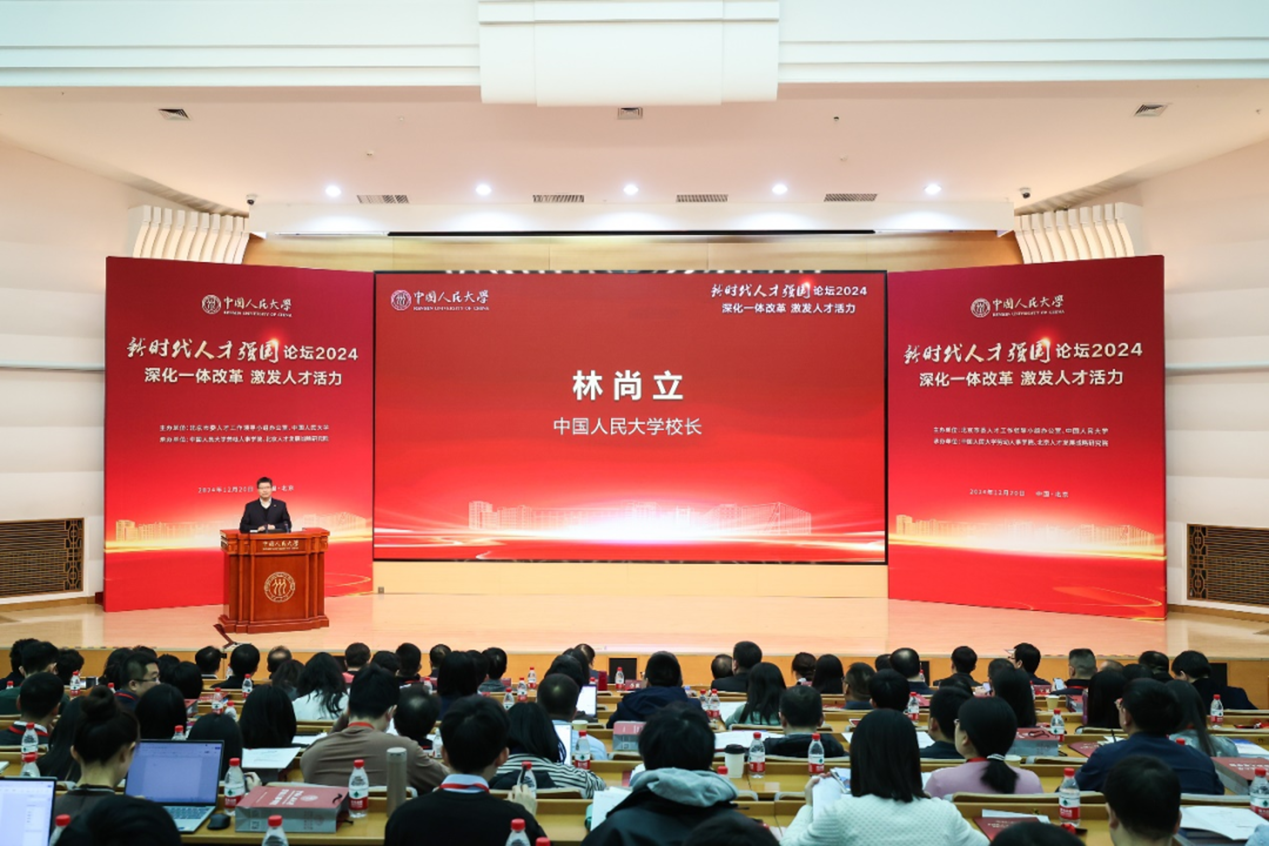
Lin Shangli, President of Renmin University of China, and He Xian, President of the China Talent Research Association and former Deputy Minister of the Ministry of Human Resources and Social Security, attended the opening ceremony and delivered speeches. Lu Jianhua, an academician of the Chinese Academy of Sciences, a member of the Party Group and Deputy Director of the National Natural Science Foundation of China, and a member of the 14th National Committee of the Chinese People's Political Consultative Conference (CPPCC); Liu Dongmei, Deputy Director of the Professional and Technical Personnel Management Department of the Ministry of Human Resources and Social Security; Niu Weihong, former Deputy Director of the Office of the Central Talent Work Coordination Group and former Deputy Director of the Talent Bureau of the Organization Department; He Yongjiang, Deputy Director of the Beijing Talent Work Bureau, also attended the forum. The opening ceremony was presided over by Zhu Xinkai, Executive Vice President of Renmin University of China.
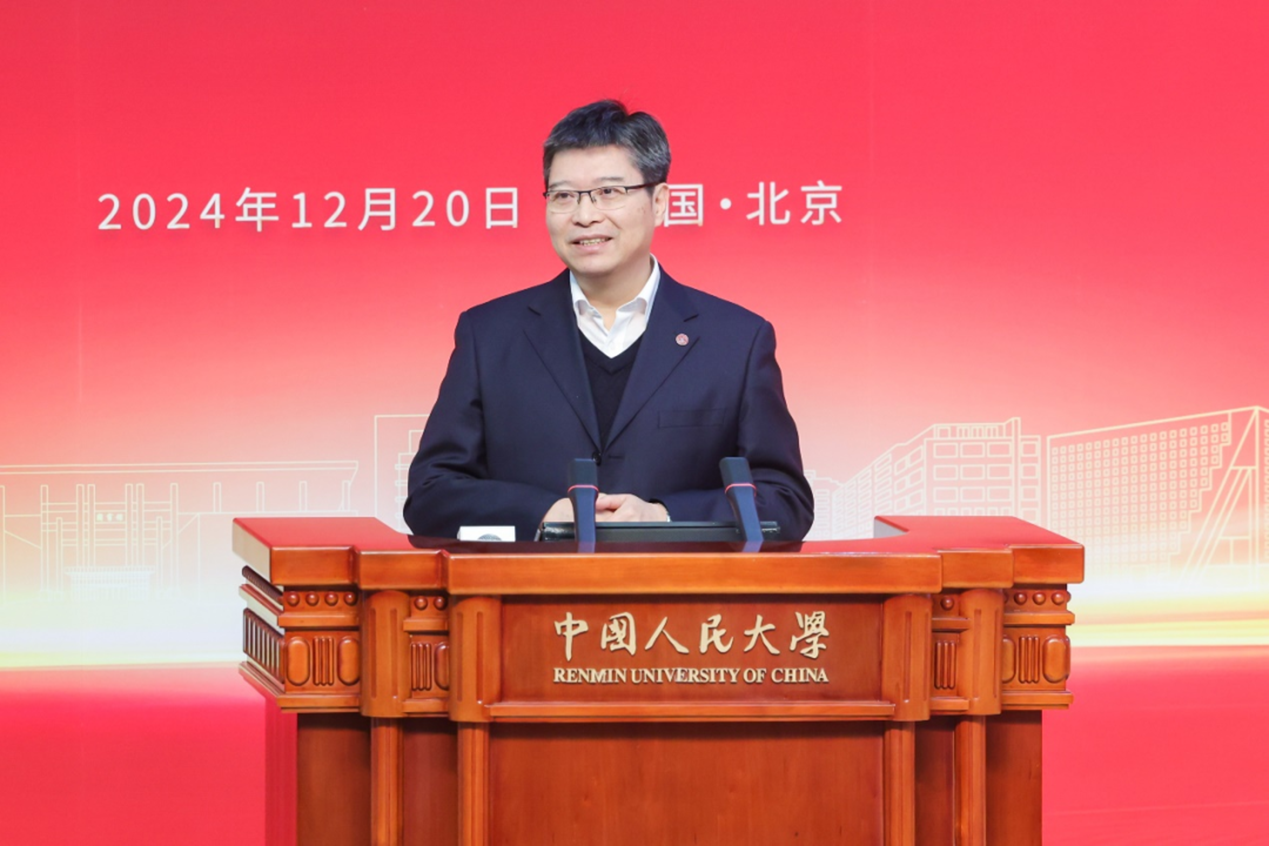
Lin Shangli pointed out that this forum is an active initiative by Renmin University of China and Beijing Municipality, guided by the important thoughts on talent work in the new era, to deeply advance their strategic cooperation, solidly serve the high-quality development of the capital, and contribute to the construction of a talent-strong country in the new era. We must adhere to the political direction, deeply understand the fundamental guarantee of building a talent-strong country in the new era, continuously strengthen the Party's comprehensive leadership over talent work, and enrich and improve the theoretical system of talent with Chinese characteristics. We should focus on reform and innovation, firmly grasp the contemporary requirements for building a talent-strong country in the new era, and gather the talent strength to systematically support the comprehensive construction of a modern socialist country. We must strengthen the cultivation of talent, strive to promote the significant tasks of building a talent-strong country in the new era, and create a multiplier effect that promotes high-quality development and a comparative advantage in international talent competition. We should deepen comprehensive cooperation, broadly gather strong forces for building a talent-strong country in the new era, answer the question of "how talent can serve Chinese-style modernization," inject a continuous stream of talent vitality into the high-quality development of the capital, and contribute talent strength to the comprehensive advancement of a strong country and the great cause of national rejuvenation through Chinese-style modernization!
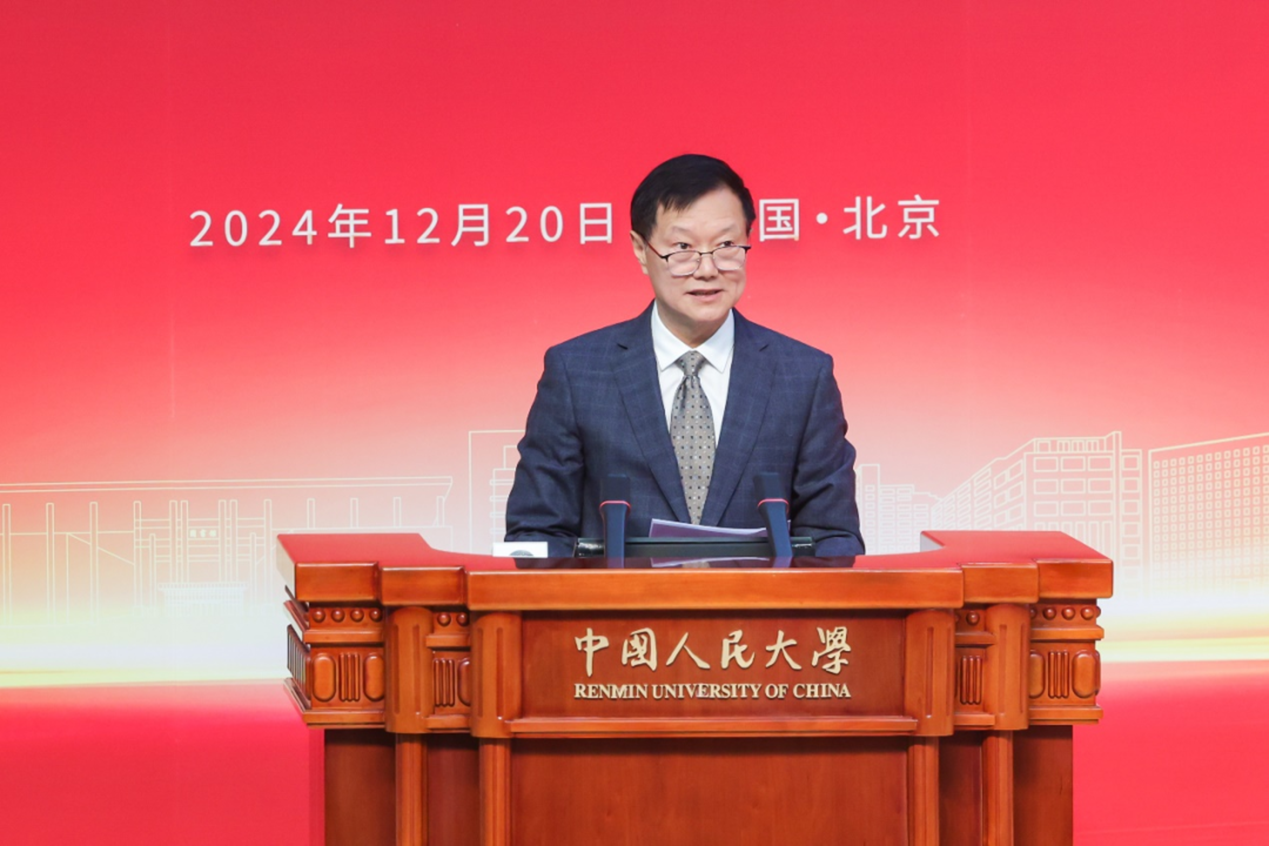
He Xian provided an in-depth explanation on "New Era Technology Talent Management: Deregulation and Empowerment." He pointed out that at the Central Talent Work Conference, important instructions were given on deepening the reform of talent development systems and mechanisms. Deepening the reform of talent development systems and mechanisms, and deregulating talent, has become an important issue in mobilizing the enthusiasm, initiative, and creativity of technology talents. It is necessary to scientifically recognize the opportunities and challenges faced by the current talent development systems and mechanisms in areas such as free exploration, scientific research management, innovation and entrepreneurship, talent mobility, and salary incentives. Following the laws of talent growth and scientific research, we should: 1)Fully create a relaxed and free scientific research environment to maximize the potential and creativity of scientific and technological personnel. 2) Truly foster an open and tolerant academic atmosphere, supporting and encouraging technology talents to participate in various types of scientific and technological exchange activities. 3) Actively explore flexible and diverse performance assessment methods, granting technology talents the autonomy to freely explore and boldly innovate. 4) Gradually form a stable and reasonable treatment guarantee, strengthening the incentive for scientific researchers. 5) Focus on constructing a flexible and sound investment and financing mechanism, giving full play to its important role in the transformation of scientific and technological achievements.
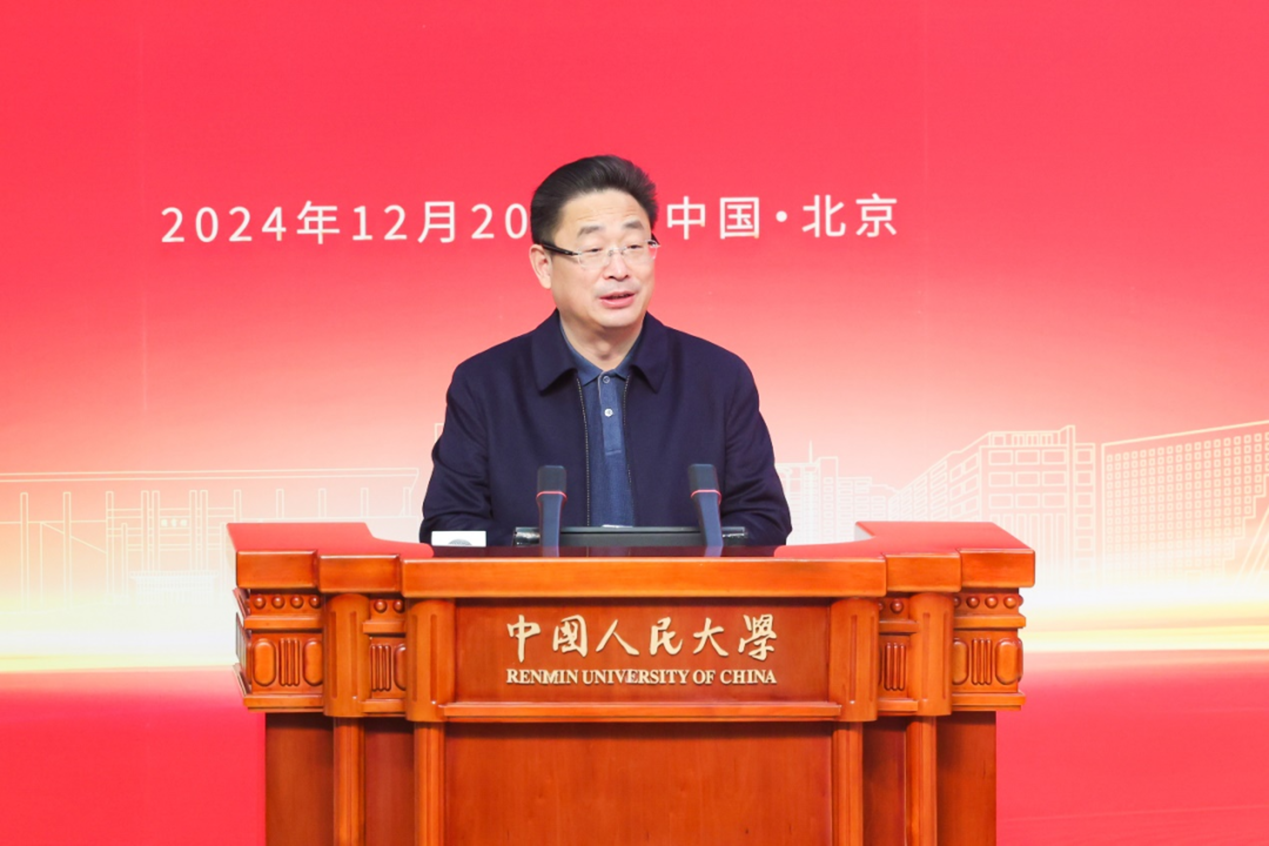
Executive Vice President Zhu Xinkai presided over the opening ceremony.
During the keynote speech segment, Lu Jianhua, Niu Weihong, and Yao Song, the President of the Beijing Chapter of Tsinghua Entrepreneurs Association and co-founder of Oriental Space, spoke in succession. Chen Yao, Secretary of the Party Committee of the School of Labor and Human Resources at Renmin University of China, presided over the session.
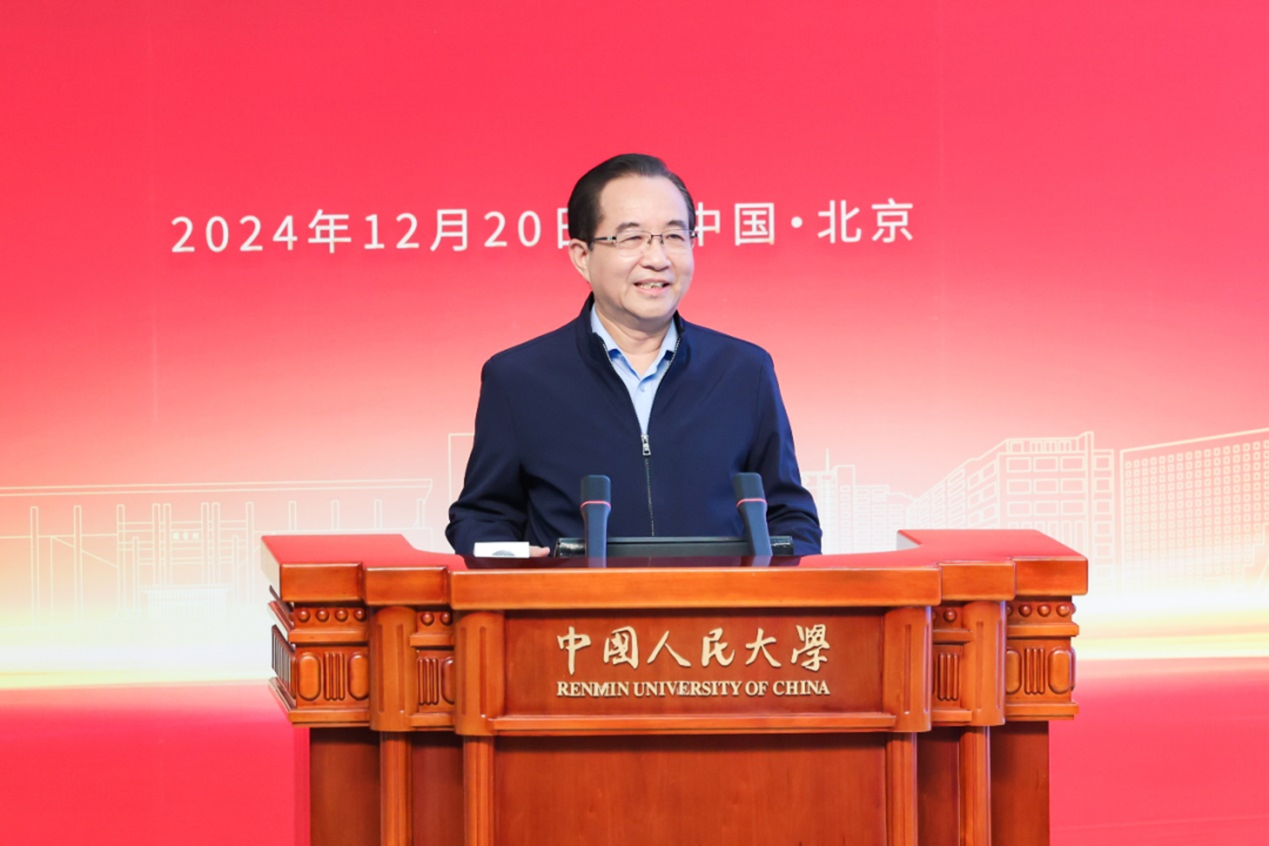
Academician of the Chinese Academy of Sciences, Party Group member and Deputy Director of the National Natural Science Foundation of China, and member of the 14th National Committee of the Chinese People's Political Consultative Conference (CPPCC), Lu Jianhua, delivered a keynote speech on the topic of "How to Support Talent Growth in the New Era." He analyzed the current state and challenges of talent development in China from four aspects: the current situation of talent, the laws of growth, young talents, and leading talents. Lu Jianhua stated that at present, China has a rich reserve of talent resources. Since the 18th National Congress of the Communist Party, the Party Central Committee has placed great emphasis on strengthening the construction of young scientific and technological talent teams, adopting a series of measures to actively create a large-scale young scientific and technological talent team, and supporting young talents to take on major responsibilities and play leading roles. Looking to the future, efforts should be made to create a "training ground" for young scientific and technological talents, establish an evaluation system oriented towards innovation ability, quality, and actual contributions, fully stimulate the vitality of young scientific researchers, and take multiple measures to promote the cultivation of leading talents.
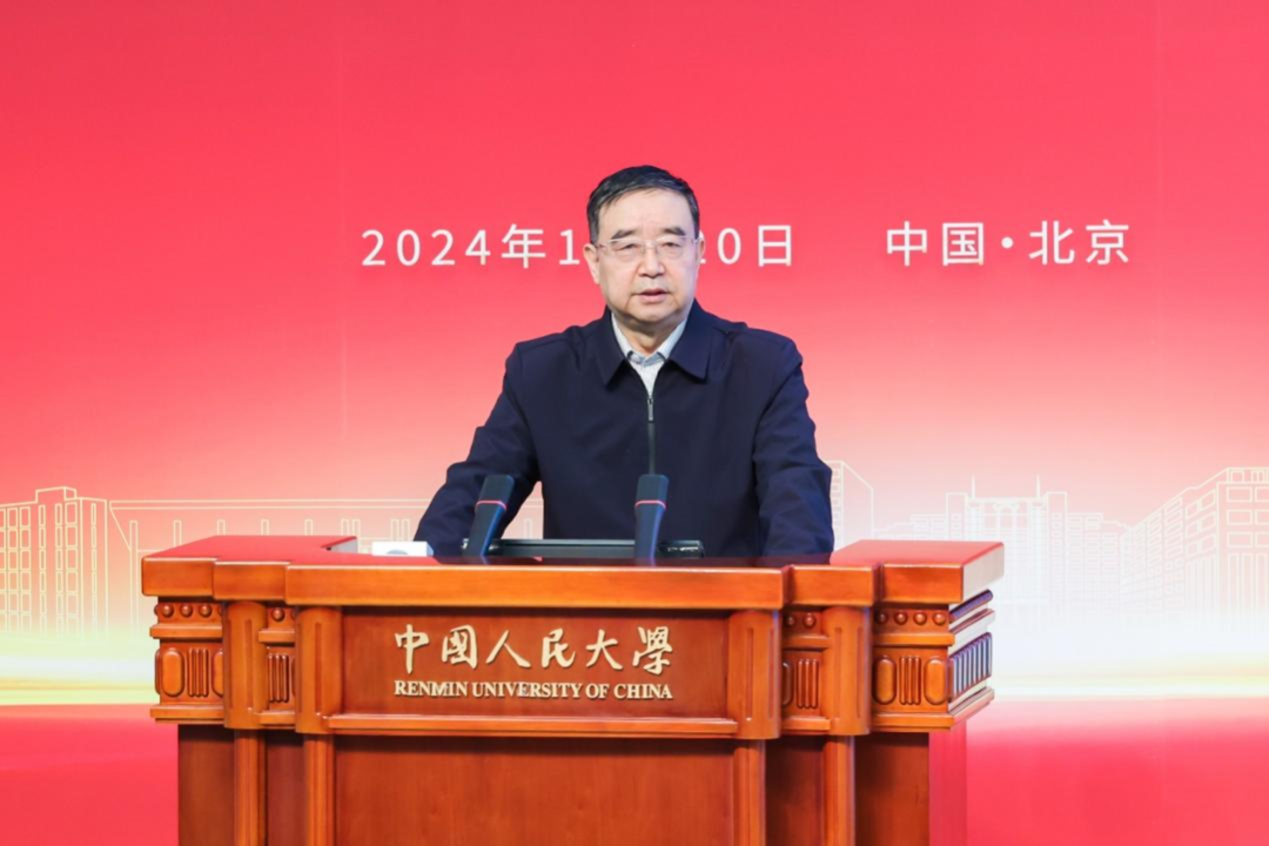
Niu Weihong, former Deputy Director of the Office of the Central Talent Work Coordination Group and former Deputy Director of the Talent Bureau of the Organization Department, delivered a keynote speech on "Coordinated Advancement of the Integrated Reform of Education, Science and Technology, and Talent Systems and Mechanisms." He stated that the third plenary session of the 20th Central Committee of the Party pointed out that education, science and technology, and talent are the foundational and strategic supports for the comprehensive construction of a modern socialist country. Coordinated advancement of the integrated reform of education, science and technology, and talent systems and mechanisms is an effective measure to improve the new national system and enhance the overall efficiency of the national innovation system. Science and technology have never had such an impact on the future and destiny of the country as they do today, nor have they ever profoundly influenced the well-being of people's lives as they do now. To coordinate the advancement of the integrated reform of education, science and technology, and talent systems and mechanisms, it is necessary to lead the reform with new development concepts, further deepen the comprehensive reform of education, deepen the reform of the science and technology system, and deepen the reform of talent development systems and mechanisms. Multiple parties should collaborate to ensure the implementation of reform tasks, providing a stage for talents to freely display their talents.
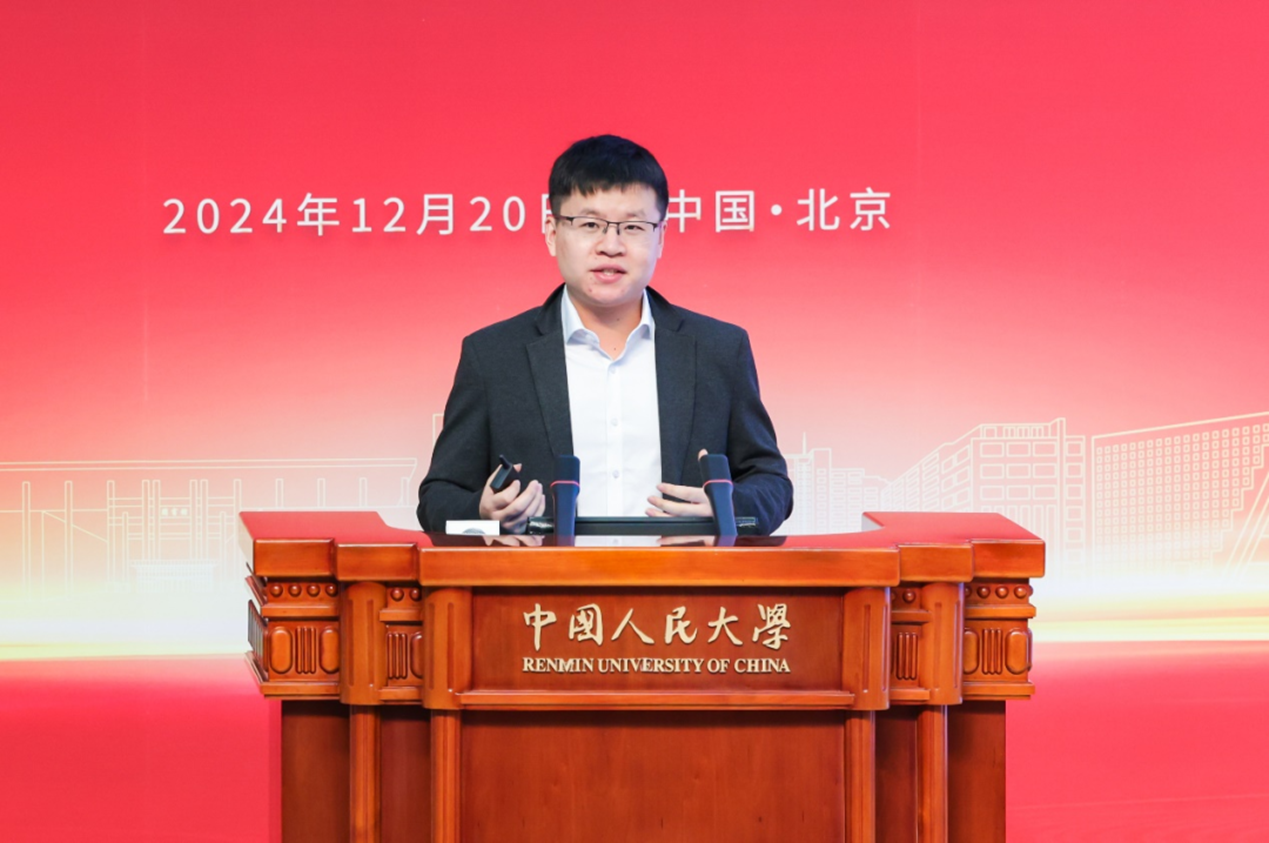
Yao Song, President of the Beijing Chapter of Tsinghua University Entrepreneurs Association and co-founder of Oriental Space, delivered a keynote speech on the theme of "From Scientist to Entrepreneur" based on his entrepreneurial experience. He stated that to strengthen the atmosphere of technology entrepreneurship, the role of multiple parties should be coordinated throughout the entire process of talent cultivation. An excellent researcher needs to transform their thinking and practice model to grow into an outstanding entrepreneur, learning to shift from a "single indicator" to a "comprehensive evaluation," from being an expert in a vertical field to a "jack-of-all-trades" in management and operations, and attempting to transform the exploration of scientific questions into solving technical and engineering problems. He believes that China will certainly be able to create and cultivate a more dynamic and creative entrepreneurial ecosystem in the future. He hopes that everyone will work together to create a better growth environment for China's technology entrepreneurship talents, contributing to the construction of a strong education, science and technology, and talent country, and allowing China to lead the world in scientific and technological development in the future.
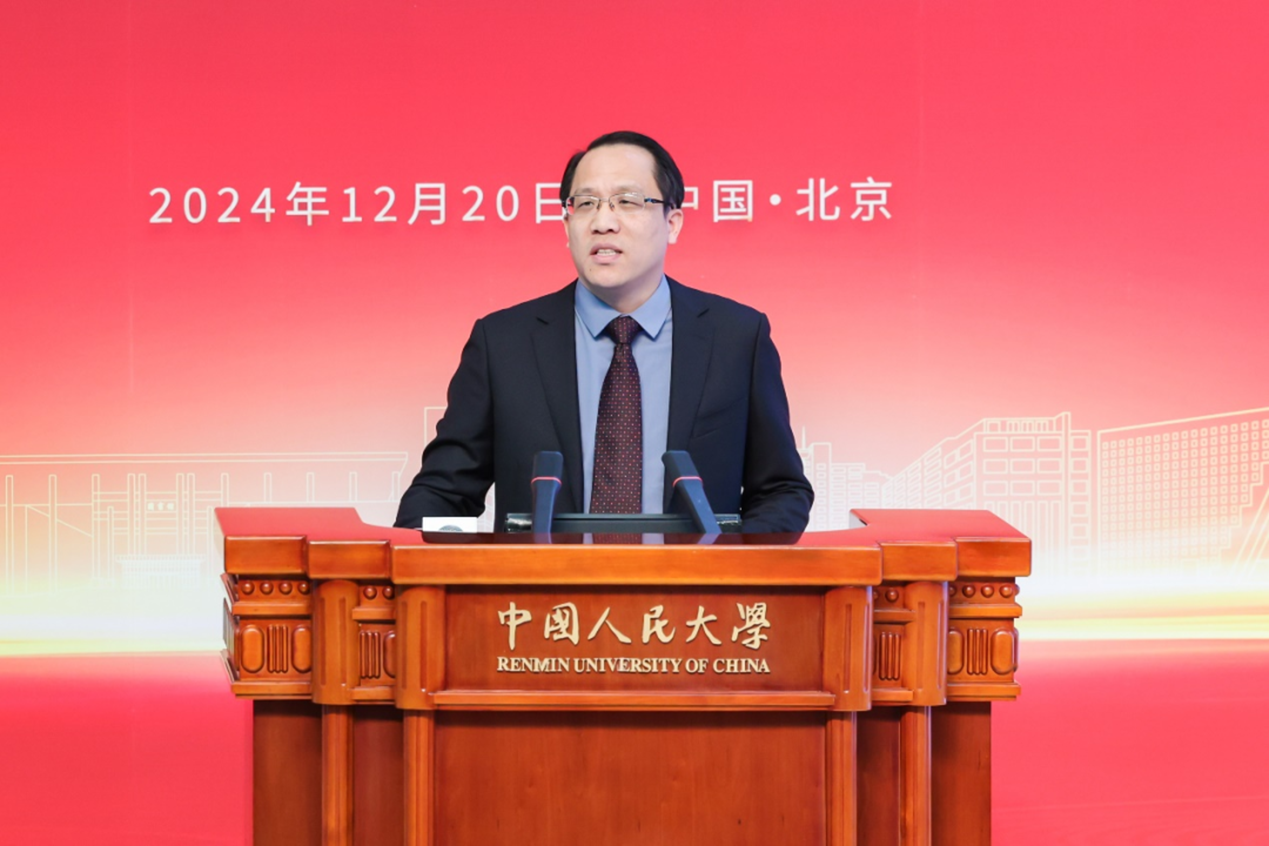
Professor Su Zhongxing from the School of Labor and Human Resources at Renmin University of China, on behalf of the research team, released the " the 2024 New Era Developing Quality Workforce Strategy Research Report." The research report, based on an in-depth study of the important spirit of the talent strong country strategy in the new era, constructs an index for the talent strong country strategy in the new era. This index consists of 6 first-level indicators, 18 second-level indicators, and many third-level indicators, including talent cultivation capability, talent environment attractiveness, talent scale and quality, talent innovation and output, and the integration of education, science and technology, and talent. The research report points out that since 2013, China's talent strong country strategy index has continued to rise, with the most significant growth in the talent innovation and output index, mainly due to the rapid increase in indicators such as the number of patent authorizations, the volume of international scientific and technological papers, and the volume of technology market transactions. Regionally, Beijing, Shanghai, Guangdong, Jiangsu, and Zhejiang have the top five talent strong country regional competitiveness indexes in the country. The research report also proposes countermeasures and suggestions, such as strengthening the systematic design of China's global talent strategy under new circumstances, forming interdisciplinary talent cultivation highlands based on major scientific and technological projects and key industries, creating urban thematic industrial corridors and talent ecosystems according to local conditions, and implementing incentives for disruptive innovation and achievement transformation.
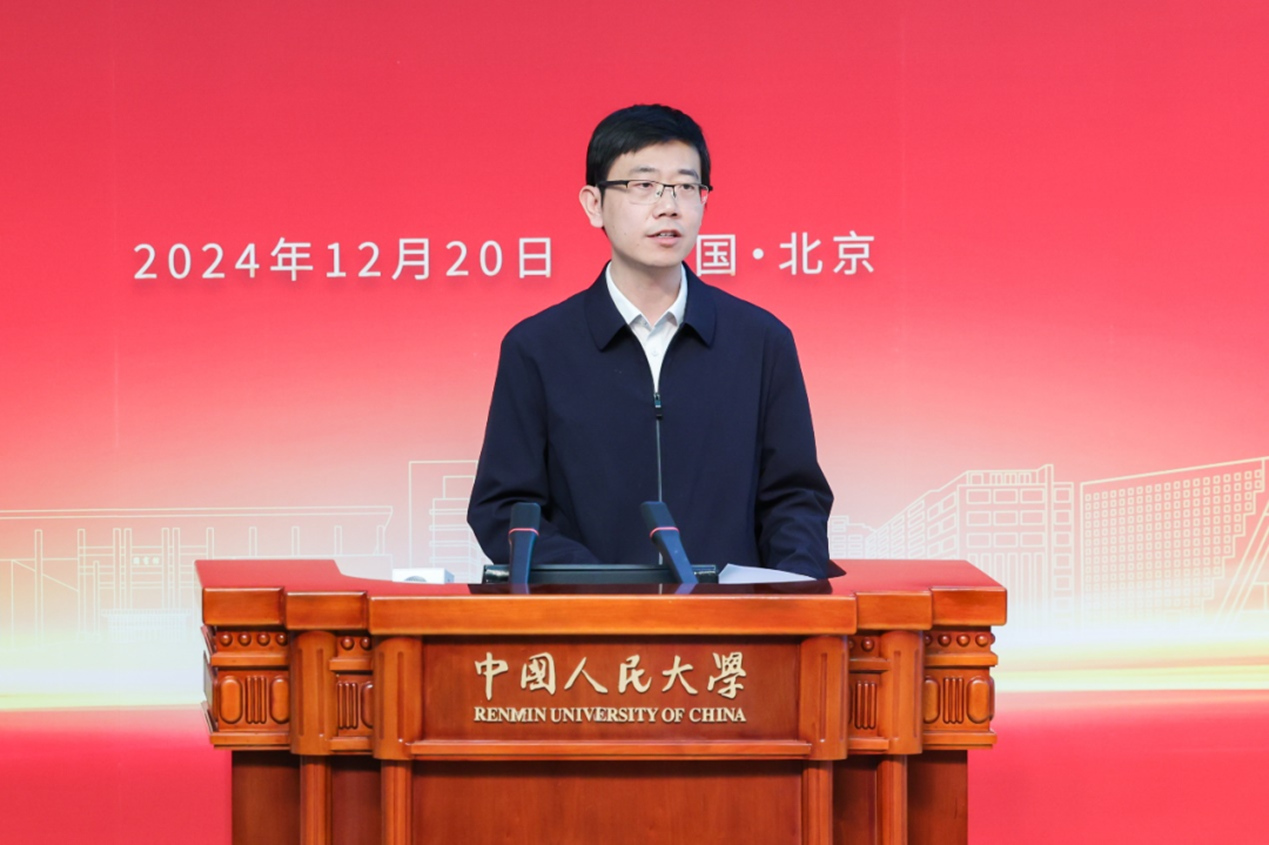
。Zhang Tianyang, Director of the Beijing Human Resources Research Center and Executive Dean of the Beijing Institute of Talent Development Strategy, released the "Beijing Talent Resource Statistical Report (2023)" and the "Beijing Talent Development Report (2024)." The "Beijing Talent Resource Statistical Report (2023)" points out that compared with 2017, the total number of talents in Beijing in 2023 increased from 7.138 million to 8.029 million, ranking first in the country. The talent efficiency has steadily increased, with the talent contribution rate rising from 53.0% to 58.1%, and the talent dividend gradually replacing the population dividend as the main driving force for high-quality development in Beijing. The gathering effect of talents in high-end, precision, and cutting-edge industries is prominent. In 2023, the total number of talents in high-end, precision, and cutting-edge industries in Beijing reached 2.106 million, accounting for 26.2% of the total number of talents in the city, achieving a positive interaction and integrated development between the talent chain and the industrial chain. The leading role of the Zhongguancun National Independent Innovation Demonstration Zone has become more significant. In 2023, the total number of talents in the demonstration zone was 2.605 million, accounting for 32.4% of the total number of talents in the city, forming the "peak" of talent distribution and the "highland" of industrial development in the city.
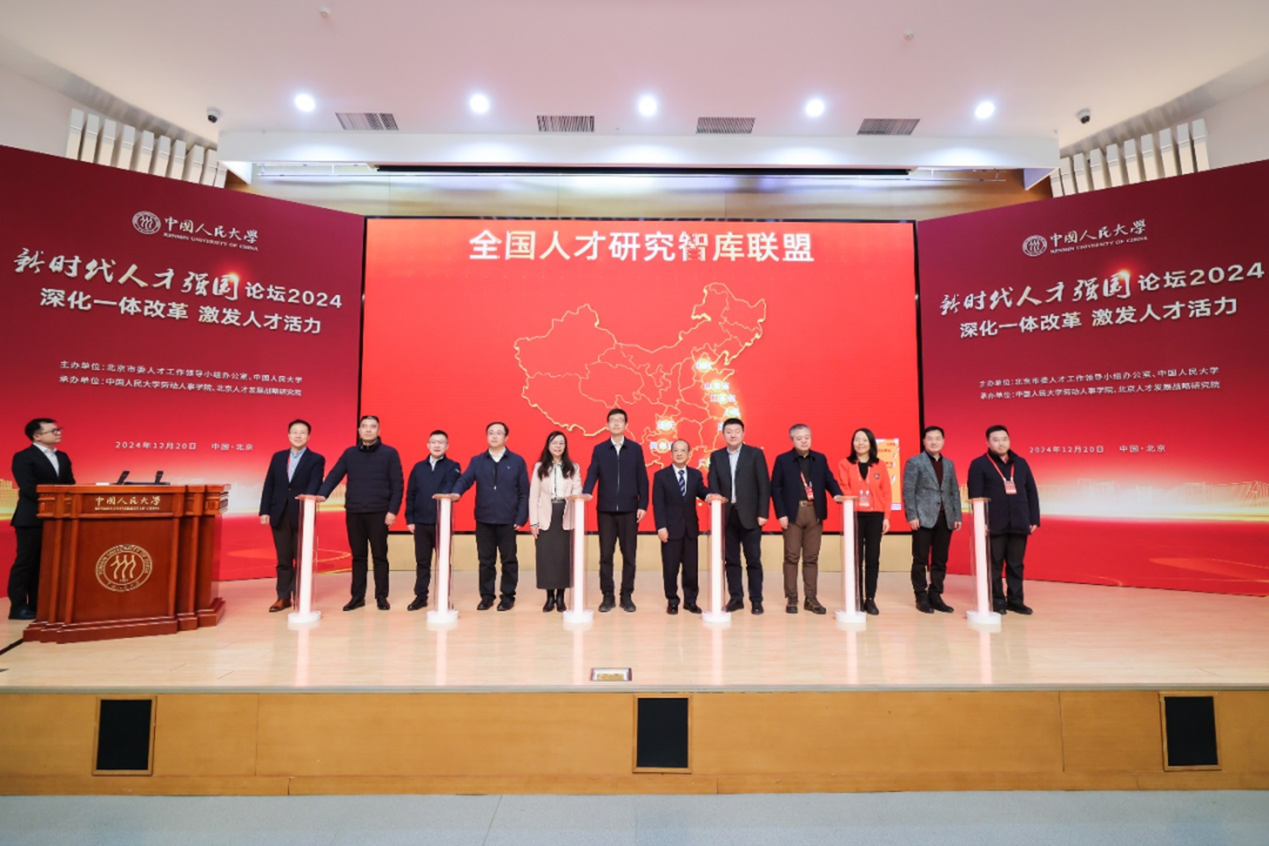
The forum also held the establishment and unveiling ceremony of the Chinese Research Institutes Alliance on Talent (CRIAT), aiming to jointly promote the theoretical research and practical development of the talent strong country strategy by uniting the wisdom and resources of all parties.
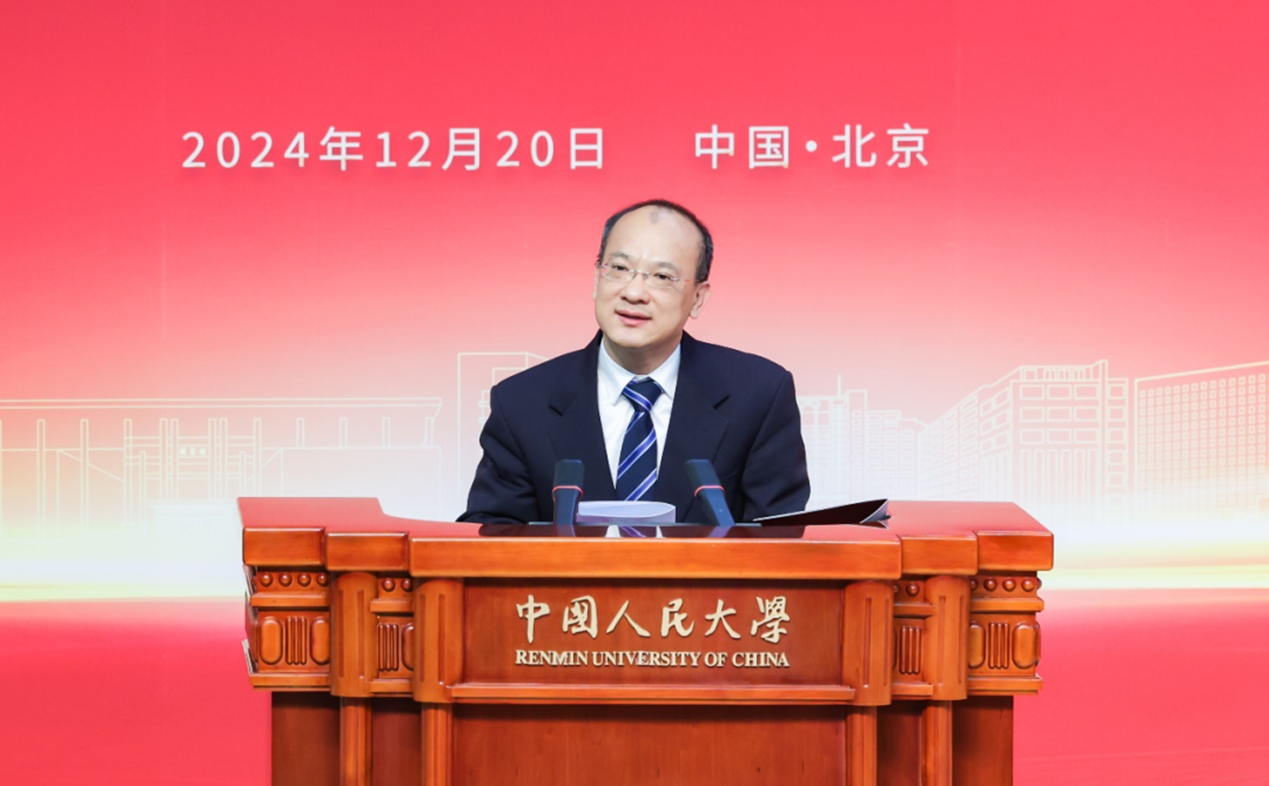
Zhao Zhong, Dean of the School of Labor and Human Resources at Renmin University of China, made the summary speech for the morning forum.
In the afternoon, thematic discussions on "Integrated Reform of Education, Science and Technology, and Talent," "Talent Introduction and Cultivation from a Global Perspective," and "Classification Evaluation and Innovative Incentives for Scientific and Technological Talents" were held. Experts and scholars such as Zhong Zurong, Vice President of the China Talent Research Association, Standing Committee Member of the Beijing Municipal Political Consultative Conference, and former Deputy Director of the Beijing Academy of Education Sciences; Liu Xuezhi, Researcher and Deputy Director of the China Institute of Personnel Science; Chen Lijun, Professor at Zhejiang University and Dean of the Zhejiang Talent Development Research Institute; Zeng Xiangquan, Li Yuhui, Wei Xin, and Yu Kun from the School of Labor and Human Resources at Renmin University of China; and Liu Ying from the School of Public Administration at Renmin University of China shared the latest research results and practical experience and engaged in discussions.
Representatives of talent workers from member units of the Beijing Municipal Committee's Talent Work Leading Group and district committees, as well as heads of personnel departments from some colleges, research institutes, and enterprises and institutions in Beijing, totaling about 400 people, attended the conference.
Source: Renmin University of China

